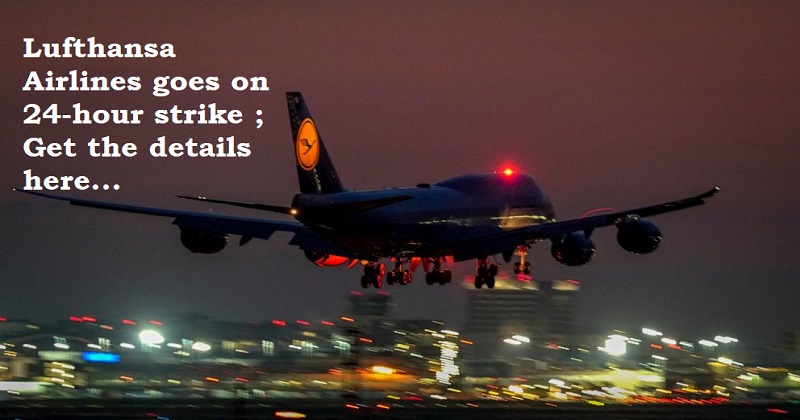
On July 27, more than 1,000 Lufthansa flights were cancelled due to a one-day strike by the airline’s German ground staff, affecting tens of thousands of passengers in Europe’s latest travel chaos. Approximately 1,34,000 passengers were forced to change or cancel their travel plans. On July 26, the German news agency dpa reported that at least 47 connections had already been cancelled. Flights were cancelled in Duesseldorf, Hamburg, Berlin, Bremen, Hannover, Stuttgart, and Cologne, as well as Lufthansa’s main hubs in Frankfurt and Munich.
The airline advised affected passengers not to visit the airports because most of the counters would be closed. The ver.di service workers’ union announced the strike on Monday in order to put pressure on Lufthansa in wage negotiations for approximately 20,000 employees of the airline’s logistical, technical, and cargo subsidiaries. The strike comes at a time when airports in Germany and across Europe are already experiencing disruption and long security lines due to staff shortages and rising travel demand.
As inflation soars, strikes for higher pay by airport crews in France and Scandinavian Airlines pilots in Sweden, Norway, and Denmark have exacerbated the chaos for passengers who have faced last-minute cancellations, lengthy delays, lost luggage, or long waits for bags in airports across Europe. After two years of COVID-19 restrictions, travel is booming this summer, swamping airlines and airports that don’t have enough workers after pandemic-era layoffs. Airports such as Heathrow in London and Schiphol in Amsterdam have a limited number of daily flights or passengers.
The Lufthansa strike began early Wednesday at 3:45 a.m. local time and is scheduled to end early Thursday. Such ‘warning strikes’ are a common tactic in German labour negotiations, lasting anywhere from a few hours to a day or two. Ver.di is seeking a 9.5 per cent pay increase this year and claims that a recent offer from Lufthansa, which would involve an 18-month contract, falls far short of its expectations. Michael Niggemann, Lufthansa’s chief personnel officer, argued that ‘this so-called warning strike in the middle of peak summer travel season is simply no longer proportionate’.

Post Your Comments